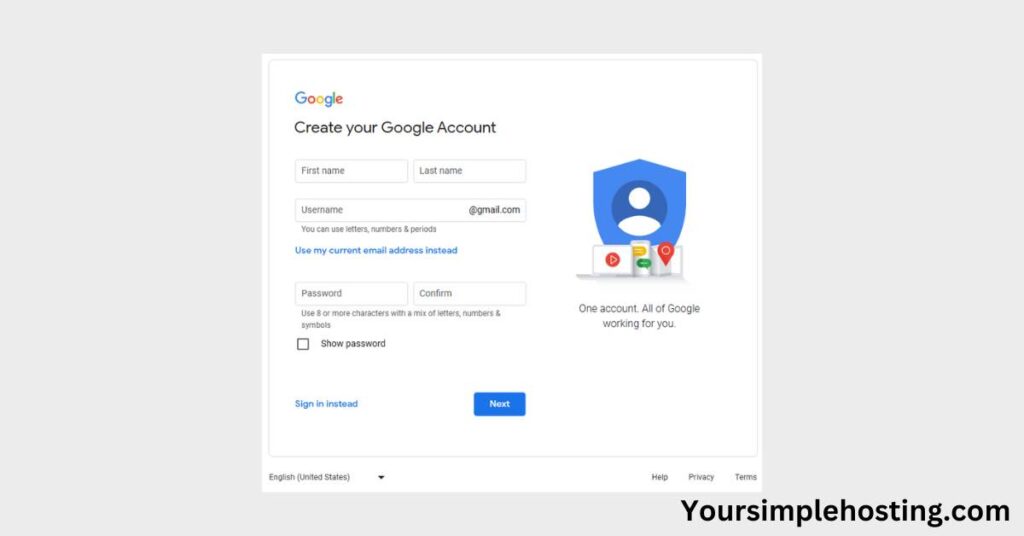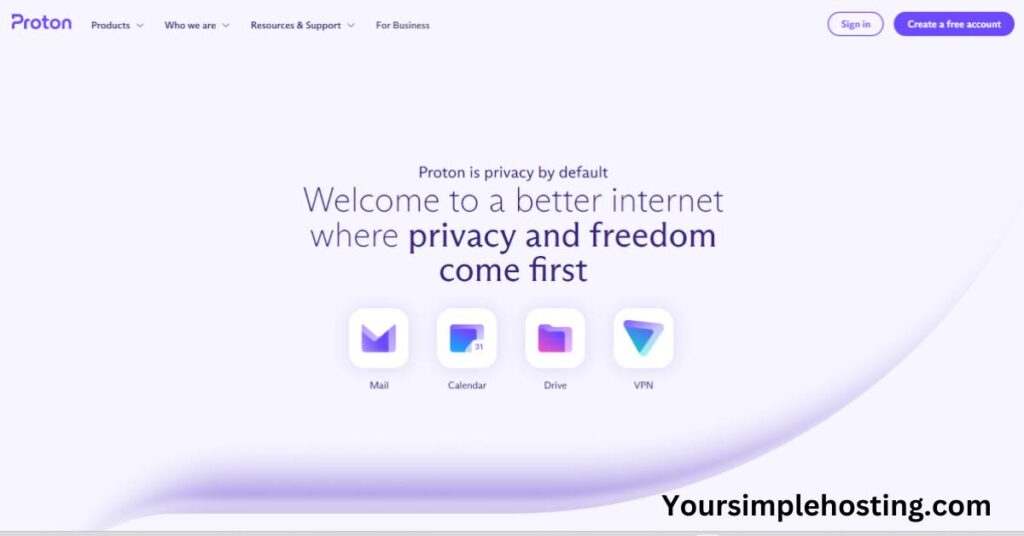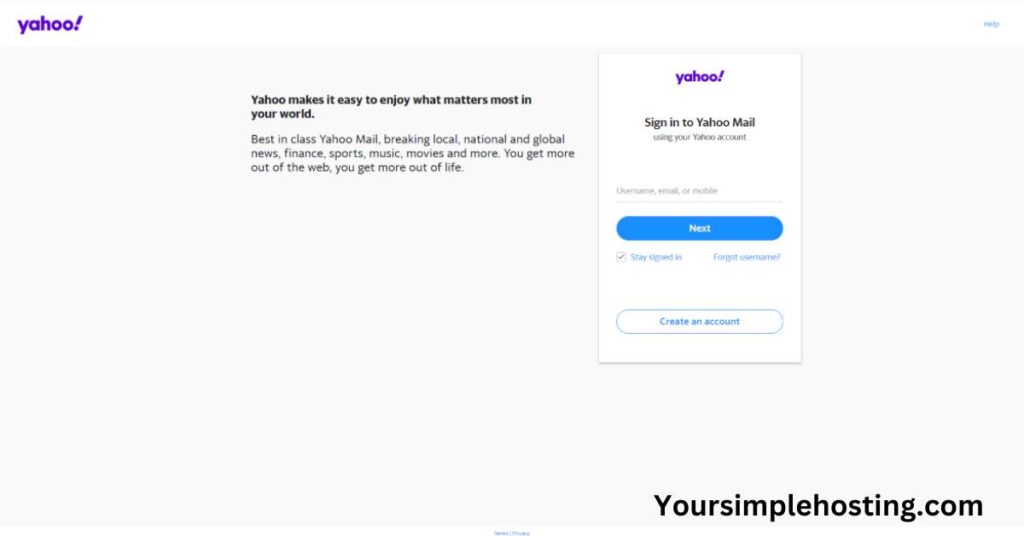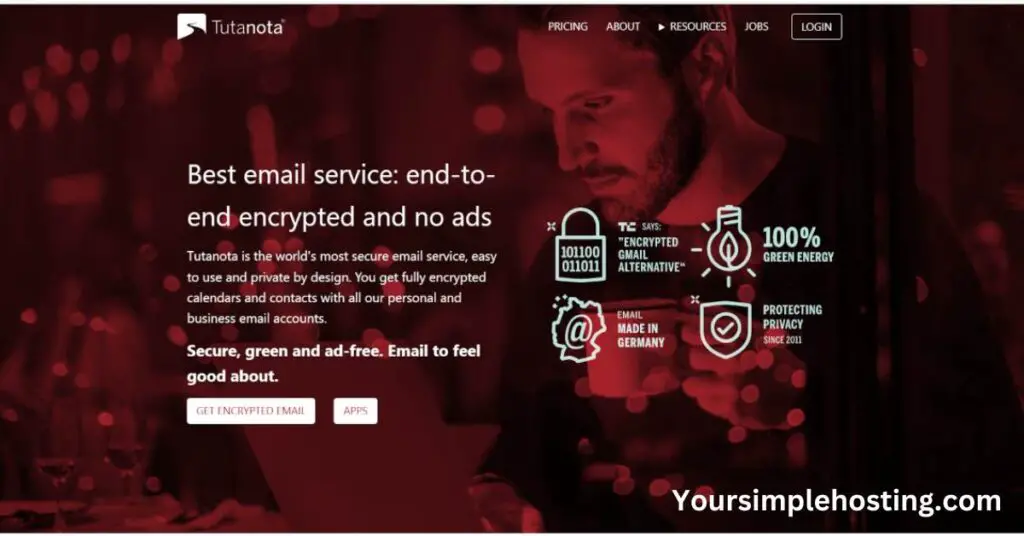As our lives increasingly revolve around the digital world, email has become a crucial tool for communication. But with the rise of cybercrime and privacy concerns, finding a good email provider with the best security features is essential.
The emails providers with the best security and features are:
- Gmail
- Proton Mail
- Outlook
- Yahoo Mail
- Tutanota
However, with so many options available, how do you know which provider is the most secure? Below, I’ll compare the email providers to determine the best protection for your inbox, so let’s dive right in.

Table of Contents
Which Email Provider Has the Best Security: 5 Popular Options Compared
Here’s a list of the most popular email providers and their strengths and weaknesses so that you can make a well-informed decision.
1. Gmail
Gmail is a popular email service provided by Google.

It was launched in 2004 and quickly gained popularity for its clean interface, large storage capacity, and powerful search capabilities.
Gmail has strong security features, including two-factor authentication and machine learning algorithms that detect and block spam and phishing attempts.
Pros:
- Gmail is known for its strong security features, including two-factor authentication and machine-learning algorithms that detect and block spam and phishing attempts.
- It offers a large storage capacity and integrates well with other Google products like Google Drive.
- It provides users with a simple and easy-to-use interface.
Cons:
- Google has been criticized for its data collection practices and privacy concerns.
- Gmail may not be the best option for users prioritizing privacy over convenience.
2. ProtonMail
ProtonMail is a Switzerland-based email service that was launched in 2014. It was created to provide a secure and private email service accessible to everyone.

ProtonMail uses end-to-end encryption, meaning only the sender and recipient can read the email. As a result, it has gained popularity among privacy-conscious users and journalists.
Pros:
- ProtonMail is a popular choice for users who prioritize privacy and security.
- It uses end-to-end encryption, meaning only the sender and recipient can read the email.
- It offers a clean and easy-to-use interface.
Cons:
- ProtonMail’s free plan has limited storage capacity, which may not be sufficient for some users.
- It doesn’t integrate well with other email clients, and users may need to manually transfer emails to other platforms.
3. Outlook
Outlook is a popular email client developed by Microsoft. It was first introduced in 1996 as part of the Microsoft Office suite of productivity tools.

Outlook has powerful tools for personal and business use, including calendars, contacts, and task management.
It offers robust security features, including two-factor authentication and encryption. You can also create an outlook.com email address.
Pros:
- Outlook is a popular email client that offers a suite of tools for personal and business use.
- It offers robust security features, including two-factor authentication and encryption.
- It integrates well with other Microsoft products like Office 365 and OneDrive.
- It can be used with other email providers.
Cons:
- Microsoft has been criticized for its data collection practices and privacy concerns.
- Outlook may not be the best option for users who prioritize a simple interface.
4. Yahoo Mail
Yahoo Mail is a popular email service provided by Yahoo. It was launched in 1997 and quickly gained popularity for its large storage capacity and easy-to-use interface.

Yahoo Mail has had several security breaches in the past, which has led to concerns about its security. However, it remains a popular choice for many users.
Pros:
- Yahoo Mail offers a large storage capacity and integrates well with other Yahoo products like Yahoo Finance and Yahoo News.
- It offers basic security features like two-factor authentication and spam filtering.
Cons:
- Yahoo has had several security breaches, which may concern some users.
- It may not offer the same level of security as some of the other email providers on this list.
5. Tutanota
Tutanota is a Germany-based email service that was launched in 2011. It was created to provide a secure and private email service accessible to everyone.

Tutanota uses end-to-end encryption, and users can also send encrypted emails to non-Tutanota users. As a result, it has gained popularity among privacy-conscious users and journalists.
Pros:
- Tutanota is a popular email provider that prioritizes privacy and security.
- It offers end-to-end encryption; users can send encrypted emails to non-Tutanota users.
- It offers a simple and user-friendly interface.
Cons:
- Tutanota’s free plan has limited storage capacity, which may not be sufficient for some users.
- It may not integrate well with other email clients.
When choosing the best email provider for security, there is no one-size-fits-all solution. Instead, users should consider their priorities and needs before making a decision.
Some users may prioritize convenience and a large storage capacity, while others may prioritize privacy and security.
By comparing the pros and cons of each email provider, you can decide which is the best for their needs.
Frequently Asked Questions (FAQs)
Which Email Provider Has Less Security?
It’s hard to say which email provider has less security, as many popular email providers have strong security features to protect their users.
However, some smaller or less well-known email providers may lack the resources or expertise to invest in robust security measures. Research before choosing and consider the security features most important to you.
Some may prioritize convenience and ease of use over security, while others prioritize privacy and encryption. Ultimately, the choice of email provider depends on your needs and preferences.
What is the Most Hacked Email Provider?
In the past, popular email providers like Yahoo and AOL have experienced significant data breaches and security incidents that exposed personal information, including email addresses, passwords, and other sensitive data.
However, these incidents don’t necessarily indicate a lack of security on the part of the email provider. In many cases, sophisticated cybercriminals can bypass even the most advanced security measures.
Conclusion
In conclusion, choosing the right email provider is essential for safeguarding your digital identity and protecting your sensitive information from prying eyes.
While each email provider has advantages and disadvantages, I hope this article has provided the information you need to decide which is best for your needs.
With the right provider and a little bit of common sense, you can enjoy the convenience of email without compromising your privacy and security.

Leave a Reply